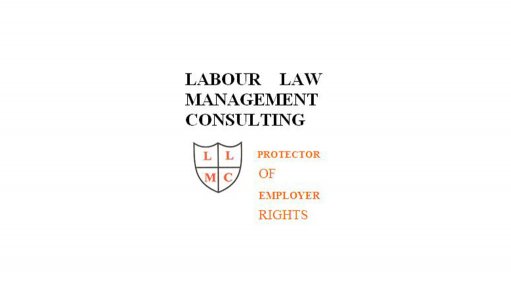
The question I am often asked is what an employer is to do if it becomes the victim of a wildcat or unprocedural strike. Do we hire replacement labour (scab workers) and fire the strikers? The law allows employers to withhold payment of wages of strikers and bring in replacement labour but many employers are not aware of this.
On the other hand the law is perilous when it comes to firing wildcat strikers. The LRA in combination with case law does allow employers to fire wildcat strikers. However, there are so many conditions and provisos attached to this right to fire that dismissed wildcat strikers have frequently been reinstated by the courts.
The only procedural step required of employers by item 6(2) of the Code of Good Practice: Dismissal is to give an ultimatum before dismissing employees on a wildcat strike. However, employers that have followed this procedure to the letter have nevertheless been severely punished by the courts for a variety of reasons.
For example, in Modise and others vs Steve’s Spar Blackheath (2000, 5 BLLR 496) the Spar fired wildcat strikers after issuing an ultimatum of possible dismissal. Despite this the Labour Appeal Court found that, irrespective of an ultimatum, no employee should be fired before he has had a chance to be heard in terms of the universal principle of audi alteram partem and reinstated the dismissed strikers.
This finding was reinforced by the LAC in the cases of Karras vs SASTAWU & others (2001, 1 BLLR 1) and in FAWU & others vs Earlybird Farm (Pty) Ltd (2003, 1 BLLR 20) where the Labour ordered the employer to reinstate the strikers and to pay each of them 12 months’ wages.
In NULAW & others vs Bader Bop Ltd & others (2004, 8 BLLR 799) the dismissal of wildcat strikers was upheld. This was because:
The employer gave the trade union the opportunity to state reasons why the strikers should not be dismissed. The Court found that this was as good as giving the employees a hearing.
However, in MM & G Engineering vs NUMSA & Others (2005, 9 BLLR 918) the wildcat strikers were dismissed at hearings after they complied with an ultimatum. The Court found this to be unfair because the ultimatum did not
include a statement reserving the employer’s rights to dismiss strikers who complied with the ultimatum.
In the author’s personal experience the secret of dealing with strikes lies in the expertise in dealing with this very special type of crisis. This is the ability to balance urgent operational needs with labour law compliance. Therefore, when confronted with a wildcat strike in order to avoid the chilling judgements of our courts:
- Before taking any other action consult with a reputable labour law expert who is up to date with case law and has hands on experience with strikes
- Bring in replacement labour ASAP
- Work with the police in controlling strikers who try to attack replacement employees
To observe our experts debating hot labour law topics please click the Labour Law Debate item in the menu at www.labourlawadvice.co.za.
Written by Ivan Israelstam, Chief Executive of Labour Law Management Consulting. He may be contacted on (011) 888-7944 or 0828522973 or on e-mail address: ivan@labourlawadvice.co.za. Go to: www.labourlawadvice.co.za.